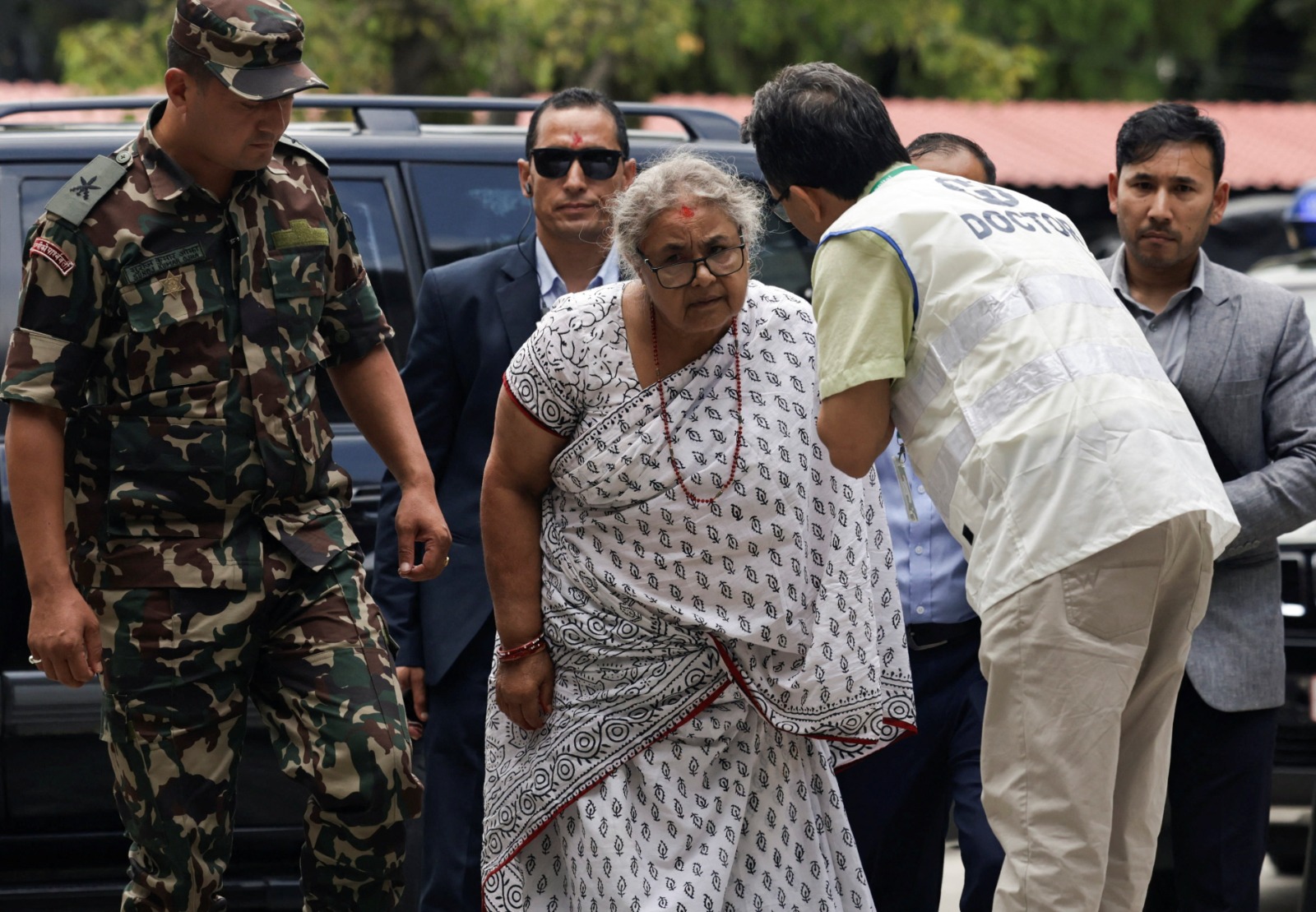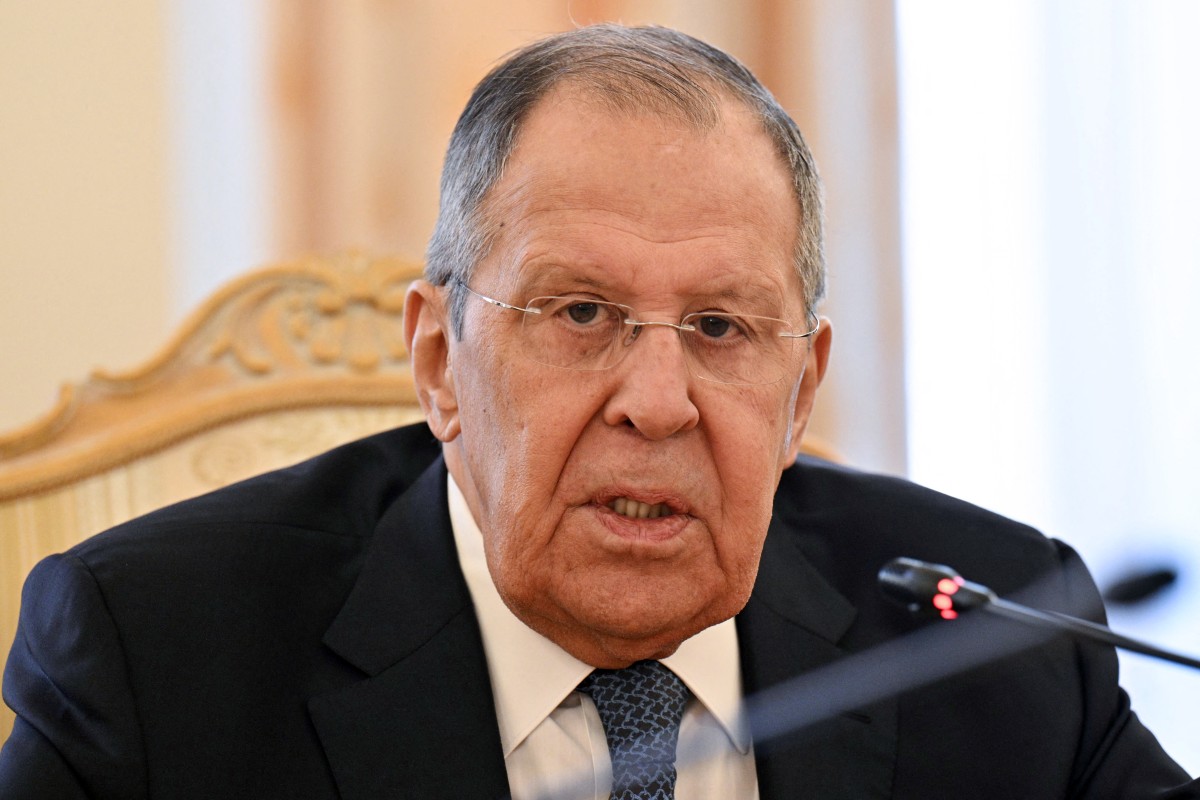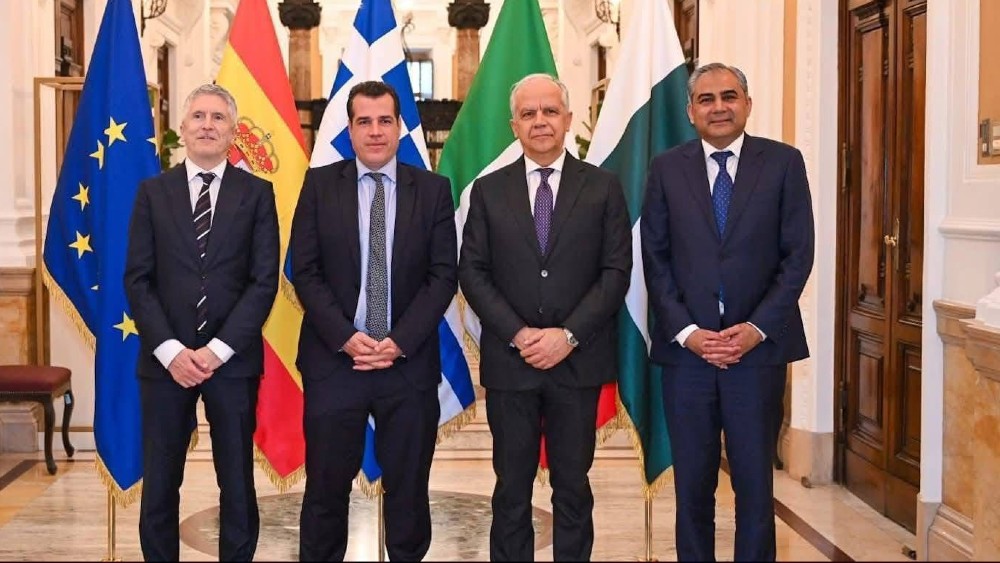ISLAMABAD: In an unprecedented display of digital democracy, Nepal’s Gen Z used Discord, a platform originally designed for gamers, to elect an interim prime minister amid political instability.
With traditional political institutions in gridlock and mass protests erupting across the country, over 10,000 young Nepalis gathered online to nominate candidates, engage in live debates, and cast votes for a new leader.
The result: Sushila Karki, a former Supreme Court Chief Justice known for her anti-corruption record, was chosen to lead the country until general elections scheduled for March.
What is Discord?
Discord is a free messaging and voice-chat platform that allows users to join “servers”—online communities with text, audio, and video channels. Though originally popular among gamers, it has expanded to host communities of artists, students, activists—and in this case, political organizers.
In Nepal, the platform became a digital parliament. The activist group Hami Nepal created a public server titled Youth Against Corruption, where thousands of young people gathered to deliberate.
As the server filled, the debates and voting process were also livestreamed on YouTube, reaching thousands more across the country.
How it worked
Participants nominated five candidates, questioned protest leaders in real time, and set up fact-checking channels to fight misinformation.
The platform, recently banned by the Nepali government along with YouTube, Twitter, and Instagram, quickly became a symbol of digital resistance and innovation among the country’s youth.
“Many of us didn’t even know what it meant to dissolve parliament or form an interim government,” said Regina Basnet, a 25-year-old law graduate. “But we were asking questions and learning together.”
Symbolic vote with real questions
While the effort was widely praised as revolutionary, it also raised concerns.
What about those without internet access? How secure is online voting? Who moderates and verifies these digital spaces?
Though unofficial, the election has attracted international attention for its scale, organization, and the youth-driven demand for accountability.
Future of political participation?
Whether symbolic or a sign of things to come, Nepal’s Discord-based election may offer a glimpse into a new form of civic engagement, one that’s digital, decentralized, and driven by younger generations.
As one moderator said anonymously: “It’s not perfect, but at least it’s participation. That’s more than what we were getting before.”





